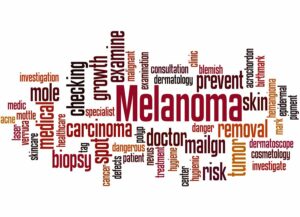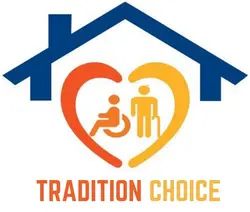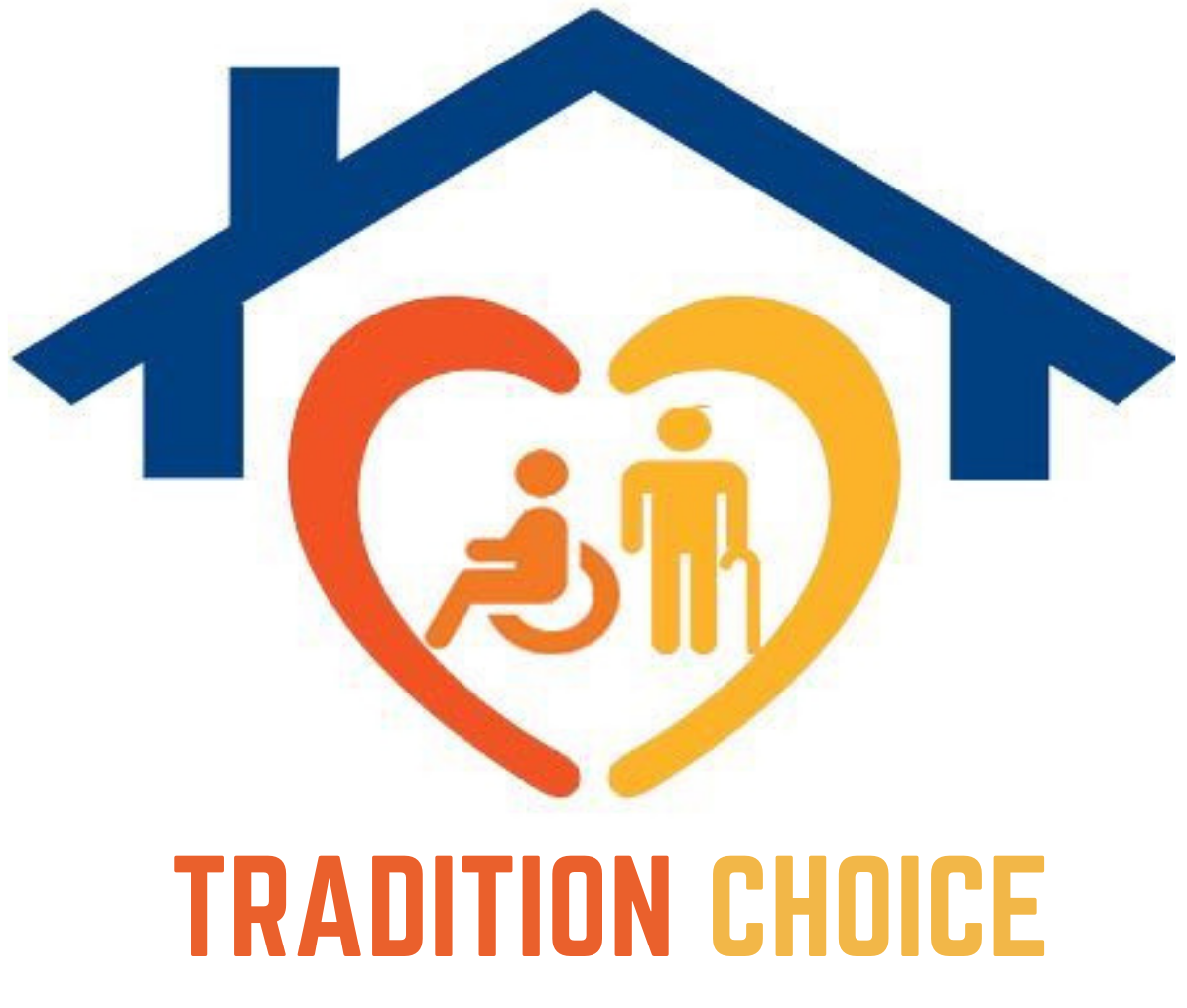Skin cancer is the most common cancer in the world and it strikes one in five people by the age of 70. Skin cancer is the abnormal growth of skin cells, usually on skin that has been repeatedly exposed to the sun over the years (but it can also occur on other areas of the skin occasionally). It can occur in people of all skin tones and most often presents on the face, scalp, ears, neck, arms, and hands.

Caregiver Queens NY – Early Detection Tips for Skin Cancer
It can appear in several ways: as a mole that has changed appearance, as a brown spot with darker speckles, as a small lesion with an irregular border or as dark lesion that burns or itches.
The “good” news about skin cancer is that 99 percent of cases can be cured if caught early and it’s also the only cancer that can be visibly seen by the person (or her caregiver) when it occurs. In order to help your parent have the best chance to beat any skin cancer that may occur on her body, your job as a caregiver is two-fold.
Perform regular home exams of the skin.
Help your parent look for the warning signs of cancer by checking her body for new skin growths or changes in existing skin growths such as moles and warts. As her caregiver, you can help by checking areas of her body that are not always easily seen by her, such as her scalp, back of her neck and shoulders, and the backs of her legs. Remember that even though skin cancer usually occurs on skin that has had a lot of sun exposure, it can occur anywhere so it’s important to do a monthly thorough examination. If you or your parent see anything that looks suspicious, set up an appointment with your dermatologist as soon as you can for her review.
Bring your parent to the dermatologist annually.
Regular check-ups from a professional trained in spotting changes to your parent’s skin will be one line of defense. A dermatologist will know what spots/moles/lesions are a normal part of aging and which ones might need closer examination, whether that be immediately or over a period of time. To make the most of this appointment with your parent, help your parent prepare for her appointment in several ways.
- Bring a written list of any areas either you or your parent has concerns about for the dermatologist to closely examine.
- Remove nail polish from your parent so the doctor can check her nailbeds for skin cancer.
- Have your parent wear her hair naturally and loose (no buns or ponytails in her hair). This will allow the dermatologist to examine her scalp.
- Remove facial make up so the dermatologist can examine areas around the eyes and on the face.
- Ask questions and record answers. As her caregiver, help your parent ask the questions and then record the suggestions and answers her doctor provides so that she can have that information later when she needs it.
Early detection can save your parent’s life and lessen the severity of her treatments if cancer is detected.
Source: https://www.skincancer.org/early-detection/

